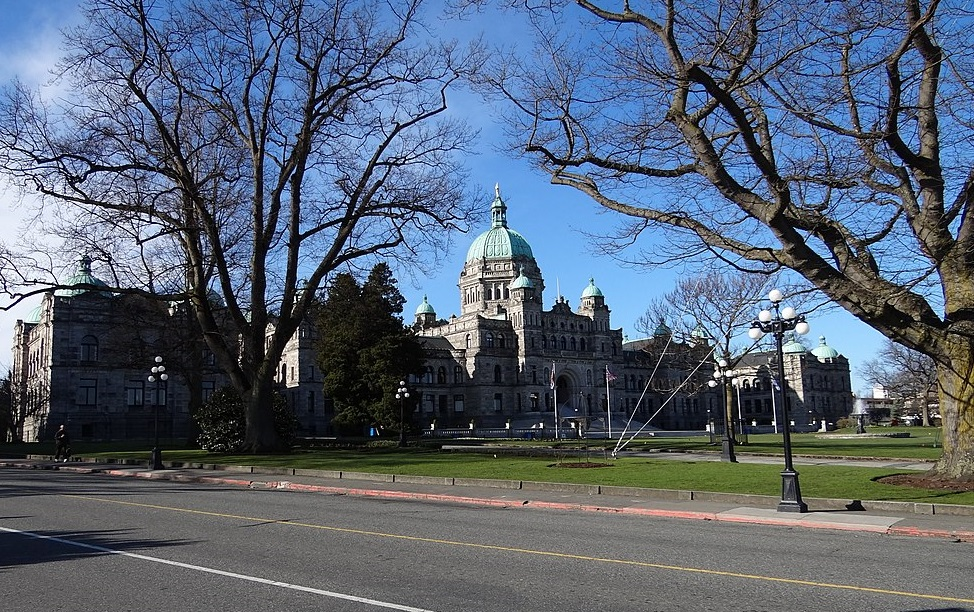VANCOUVER — BETSY AGAR, Buildings Director at the Pembina Institute, made the following statement in response to the B.C. government’s 2024 budget announcement:
“Addressing climate change and protecting British Columbians from the impacts we are already facing must be the cornerstone of provincial government budgets and plans as 2030 quickly approaches. This is why we’re pleased to see the government reconfirm its commitments under CleanBC, the government's climate change plan, with $318 million over next three years. The cost of climate inaction is too great, as evidenced by the $405 million commitment to protecting against climate emergencies.
“British Columbia’s Budget 2024 represented an opportunity to put in place the tools needed to reach our 2030 and 2050 climate targets, provide new economic development opportunities, and address the affordability and well-being challenges of all British Columbians.
“Housing supply and the cost of living have been a clear priority of all levels of government, and we agree that public policy needs to make the cleaner choice the more affordable choice. We are very happy to see $40 million allocated for additional heat pump rebates for low- and middle-income households, but further investments are required to ensure safe, healthy, resilient housing. To decarbonize and climate-proof buildings and homes, an investment of $1.3 billion per year to 2040 is needed, and $300 million per year specifically allocated to low-income households experiencing energy poverty.
“The investment of $30 million to continue the implementation of electric vehicle public charging infrastructure is also a positive step. British Columbia, along with Quebec, has the highest levels of electric car ownership in the country by a considerable margin and looks set to remain a leader in the adoption of EVs. We support the expanded investment in zero-emission buses and the increase in the hours of transit services.
“The B.C. Electricity Affordability Credit will deliver a total estimated savings for electricity customers in B.C. of $370 million and also supports the broader goal of electrification of the economy.
“Overall, this was a positive budget and yet there remains much work to be done. We look forward to continuing to engage with the government as the province strives toward a prosperous net-zero future for all British Columbians.”
[30]
Contact
Laurence Miall
Communications Manager, Pembina Institute
587-606-4185
Background
Blog: B.C. Energy Action Framework closes a major gap in the CleanBC plan
Blog: Empowering Indigenous leadership: A look at British Columbia's evolving clean energy landscape
Blog: Deep retrofits of buildings save more than just money




